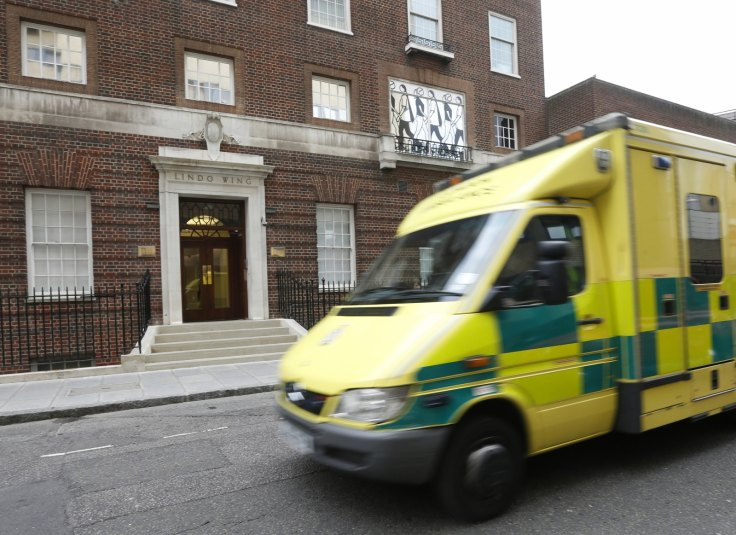NHS wants doctors to work closely with parents of sick children
Report says numerous lives can be saved if minute-by-minute changes in patients are taken seriously.

The NHS has recommended that doctors and nurses should investigate concerns of parents, who report that their sick child's condition is worsening, even after usual tests indicate that there is nothing wrong with the child. According to an NHS Improvement report, parents can better identify changes in a child, but are afraid to inform doctors if their child's condition is deteriorating.
The report states that medical professionals must listen to parents whose child's health is deteriorating even if medical tests show no risk. Most parents fear that they would waste the time of doctors with repeated concerns or sometimes. "It is imperative that parents feel welcomed and encouraged to speak up", Dr Mike Durkin, NHS national director of patient safety, said.
The NHS report said that more than a quarter of deaths can be prevented if patients are properly monitored and minute-by-minute changes in their condition are taken care of. NHS Improvement worked on the report along with parents who had lost a child. Joanne Hughes from Hitchin in Hertfordshire lost her 21-month-old child, Jasmine, in 2011 because of a neurological condition.
Jasmine had acute disseminated encephalomyelitis and was taken to a general practitioner. She was subsequently transferred to a local hospital's paediatric unit. "There had been major communication failures between our district hospital and Great Ormond Street, which meant that I was going into our local hospital to say my child is deteriorating; I really think she needs rapid assessment," Hughes said.
"Because Great Ormond Street had incorrect information, they were saying it was perfectly fine for me to wait for an appointment. Had they understood that she was deteriorating they would have seen her much sooner. But I couldn't get my concerns listened to," she added.
After Jasmine's death, Hughes set up a support group called Mothers' Instinct and numerous members raised concerns about communication gaps between staff of various hospitals.
"Those scores were being misinterpreted as reassurance," Hughes claimed and added that medical staffs rely more on scores and tests than concerns of family members that could result in the death of a patient.
© Copyright IBTimes 2025. All rights reserved.



















